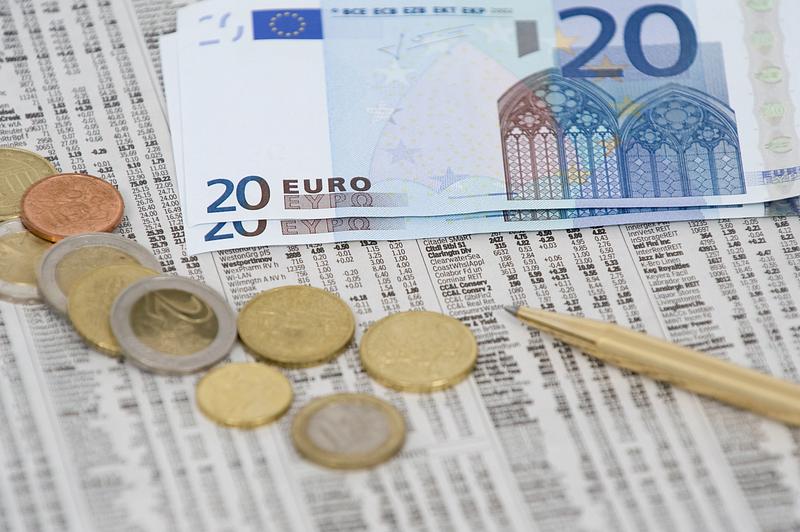Romanian bond yields drop as investor confidence strengthens



The confidence of foreign investors in Romanian Eurobonds has strengthened significantly over the recent weeks, with the yields of the 10-year on sovereign bonds denominated in euro falling to 1.8% from a maximum of 3.1% this year, according to BT Asset Management.
The experts of Banca Transilvania's asset management division assign this improvement to the Government's decision to increase pensions by only 14% - which puts significantly less pressure on the budget deficit than the 40% rise stipulated by the Pension law passed last year.
Even so, Romania's bonds are traded at a significantly higher yield (+70bp) compared to Greece's debt for the same maturity.
In contrast, default premiums for the same 10-year maturity (CDS, credit default swap) suggest investors consider Romania less risky than Greece (155 bp vs. 215 bp).
The decrease in the borrowing cost is visible on the local market as well, where the yield curve has shifted downward over the past week, by 16bp on average, according to Banca Transilvania's weekly report quoted by Bursa.ro.
This was a combined result of short-term indicators released over the week (particularly strong retail sales figures), the developments on the foreign financial markets, and the improvement in foreign investors' sentiment versus the country's Eurobonds.
The yields had also decreased in the week before after the opposition's no-confidence motion against the Liberal Government failed.
(Photo: Brad Wynnyk/ Dreamstime)
iulian@romania-insider.com